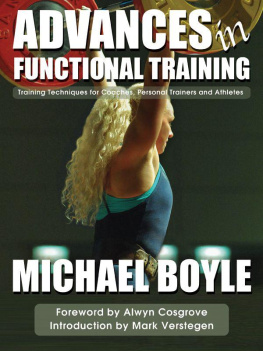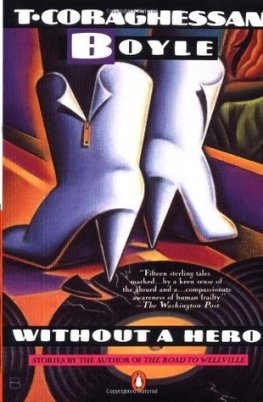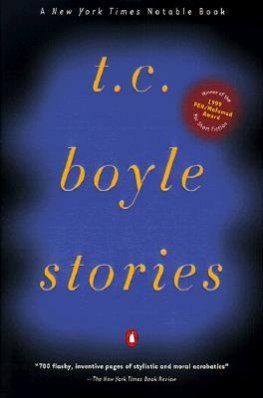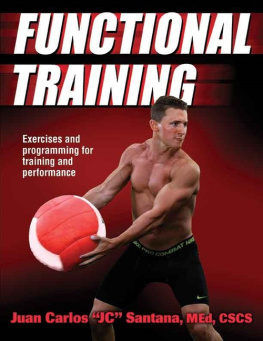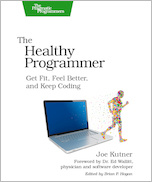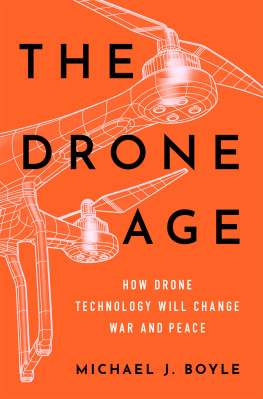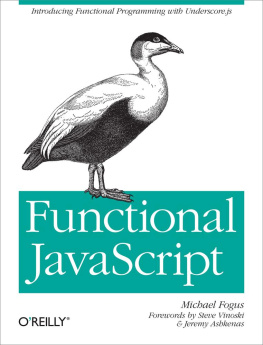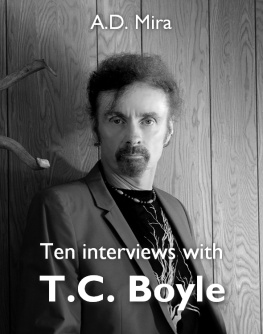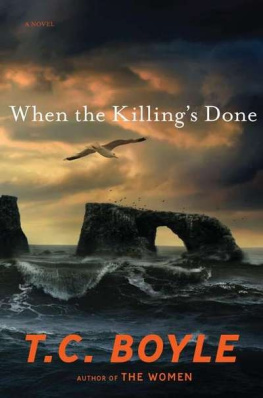Michael Boyle - Advances in Functional Training
Here you can read online Michael Boyle - Advances in Functional Training full text of the book (entire story) in english for free. Download pdf and epub, get meaning, cover and reviews about this ebook. year: 2011, publisher: Lotus Publishing, genre: Romance novel. Description of the work, (preface) as well as reviews are available. Best literature library LitArk.com created for fans of good reading and offers a wide selection of genres:
Romance novel
Science fiction
Adventure
Detective
Science
History
Home and family
Prose
Art
Politics
Computer
Non-fiction
Religion
Business
Children
Humor
Choose a favorite category and find really read worthwhile books. Enjoy immersion in the world of imagination, feel the emotions of the characters or learn something new for yourself, make an fascinating discovery.
- Book:Advances in Functional Training
- Author:
- Publisher:Lotus Publishing
- Genre:
- Year:2011
- Rating:5 / 5
- Favourites:Add to favourites
- Your mark:
- 100
- 1
- 2
- 3
- 4
- 5
Advances in Functional Training: summary, description and annotation
We offer to read an annotation, description, summary or preface (depends on what the author of the book "Advances in Functional Training" wrote himself). If you haven't found the necessary information about the book — write in the comments, we will try to find it.
Advances in Functional Training — read online for free the complete book (whole text) full work
Below is the text of the book, divided by pages. System saving the place of the last page read, allows you to conveniently read the book "Advances in Functional Training" online for free, without having to search again every time where you left off. Put a bookmark, and you can go to the page where you finished reading at any time.
Font size:
Interval:
Bookmark:

Advances in Functional Training
Advanced in Functional Training
Training Techniques for Coaches, Personal Trainers and Athletes
Michael Boyle
Introduction
Mark Verstegen
Foreword
Alwyn Cosgrove
On Target Publications
Santa Cruz, California
Advances in Functional Training
Training Techniques for Coaches, Personal Trainers and Athletes
Michael Boyle
Introduction: Mark Verstegen
Foreword: Alwyn Cosgrove
Cover photo: Scott Cronk
Cover athlete: Ingrid Marcum
Copyright 2010, Michael John Boyle
ISBN: 978-1-931046-01-5
All rights reserved. Printed in the United States of America using recycled paper. No part of this book may be reproduced or transmitted in any form whatsoever without written permission from the author or publisher, with the exception of the inclusion of brief quotations in articles or reviews.
On Target Publications
P. O. Box 1335
Aptos, CA 95001 USA
(888) 466-9185
www.ontargetpublications.net
Library of Congress Cataloging-in-Publication Data
Boyle, Michael, 1959
Advances in functional training : training techniques for coaches, personal trainers and athletes / Michael Boyle ; introduction Mark Verstegen ; foreword Alwyn Cosgrove.
p. cm.
Includes bibliographical references and index.
ISBN 978-1-931046-01-5 (pbk.)
1. Athletes--Training of. 2. Physical education and training. 3. Exercise. I. Title.
GV711.5.B68 2010
613.711--dc22
2009038240
eBooks created by www.ebookconversion.com
To Cindy, Michaela and Mark
Because of the three of you my life is better every day


I was extremely honored when Michael asked me to write the introduction and to lay the foundation for what you are about to read by taking a look back at our first meeting, and where our beloved field was at the time.
In the early 90s, I was a young, idealistic strength and conditioning coach in one of the best positions in college sports. I felt a deep responsibility for my athletes and had a desire to leave no ethical stone unturned, and eventually I left the NCAA setting to create what would become the first independent performance facility in the country, which I called the International Performance Institute.
As glamorous as that sounds, I was alone, in a sea of tennis courts and kids at the Bollettieri Sports Academy, now IMG, in Bradenton, Florida. We had no facilities, staff or resources to do much, and had to earn our way, which is what fuels a nave, focused coach with undeniable determination.
In hindsight, these limited resources were probably the greatest blessing of all time, as this necessitated a creative, systems-based approach. In time, we built a young, eager team, running an integrated system of mindset, nutrition, movement and recovery. Over the course of four years we made do with what we had, and were honored to support top performers in tennis, football, soccer, baseball, basketball, from juniors to professionals.
In the old days before there was whats now called functional training, a performance industry, and yes, before there was the internet and the associated internet experts providing information overload, there was a time when we heard or read on paper! of someone doing something special, usually somewhere between the European Union, Australia, Asia or the Americas.
This is how and when I first met Michael. He had seen a story in Outside or Smithsonian Magazin e on our group, and convinced his family to vacation in Florida, where he could drop in and evaluate firsthand. A month later, we were busy training athletes as Michael sat quietly on the sideline. I had no idea what he was thinking as he observed our controlled chaos through which we rolled thirty pros and a few hundred eight- to eighteen-yearold kids that morning.
Michael was raised by wonderful parents who were educators in hard Boston. His consistent, striving efforts in New England had him coaching the NHL Bruins, Boston University Hockey, and creating Mike Boyle Strength and Conditioning, pumping out athletes in factory-type fashion including the first true Combine preparation success and often these all in the same day.
So you can see how Michael would be a hard person to set back, but those were his words of description within the first thirty seconds of our talk that day. What could have set him back? Perhaps being welcomed with open arms during a time when the strength and conditioning industry was high on testosterone, ego and insecurity, and low on respect and openmindedness.
I had made one simple request: Would he present a talk to our team over our short lunch break? In retrospect, what surprised him was probably our unexpected culture, pulling him in, welcoming him with open arms, our desire to learn from and share with him.
And I also asked him to give us a completely honest evaluation of our sessions. This set the tone of our relationship, and these are some of the values I hope have positively influenced our industry over the last fifteen years.
What does all this have to do with Michael Boyle and his second book on functional training? Everything.
Ive spent my life traveling the world seeking the science and people behind successful systems that drive sustainable performance. This book is a great performance that weaves terrific information into proven, effective game plans for you to use personally and with your clients.
If you want to be successful, look deeper at the biggest takeaway from this book: It is the man and the mindset behind this work that should be studied and celebrated. Michael Boyles lifetime of daily dedication to increasing his knowledge, digesting the information into sustainable systems he passionately implements with his own hands is the true secret to success.
More importantly has been his courage to share his thoughts, often entertaining and unconventional, on difficult subjects that have challenged all of our beliefs, helping to rapidly evolve our field into what we know today. He will be the first person to stand corrected, and often does this himself by sharing not just his successes, but thought-stimulating failures, allowing us to learn in all ways.
In the fifteen years since we first met, we you included have created a performance passion, molding a cottage industry into a true global platform that reaches outside athletics and into the game of life. Growth itself is not always positive; growth with integrity is. Our society is plagued, from sedentary adolescents to adults, to short-cutting athletes. The reactive medical model is completely broken, and it has become obvious the true solution lies in proactive options across mindset, nutrition, movement and recovery.
It is up to our performance industry to provide scientific, personalized and efficient systems to lead people to happy, healthy and fulfilled lives. We have a long way to go to in creating a valid, reliable and trusted solution. The only way to do this is together, with open minds, studying, researching, sharing and elevating others as we go.
This is the culture of that early meeting that has acted as the foundation and game plan for growing this industry with benevolent leaders like Michael Boyle, Gray Cook, Greg Rose, researchers and the many others who meet Chris Poirier of Perform Betters high bar to offer our industry educational value with values.
Font size:
Interval:
Bookmark:
Similar books «Advances in Functional Training»
Look at similar books to Advances in Functional Training. We have selected literature similar in name and meaning in the hope of providing readers with more options to find new, interesting, not yet read works.
Discussion, reviews of the book Advances in Functional Training and just readers' own opinions. Leave your comments, write what you think about the work, its meaning or the main characters. Specify what exactly you liked and what you didn't like, and why you think so.

